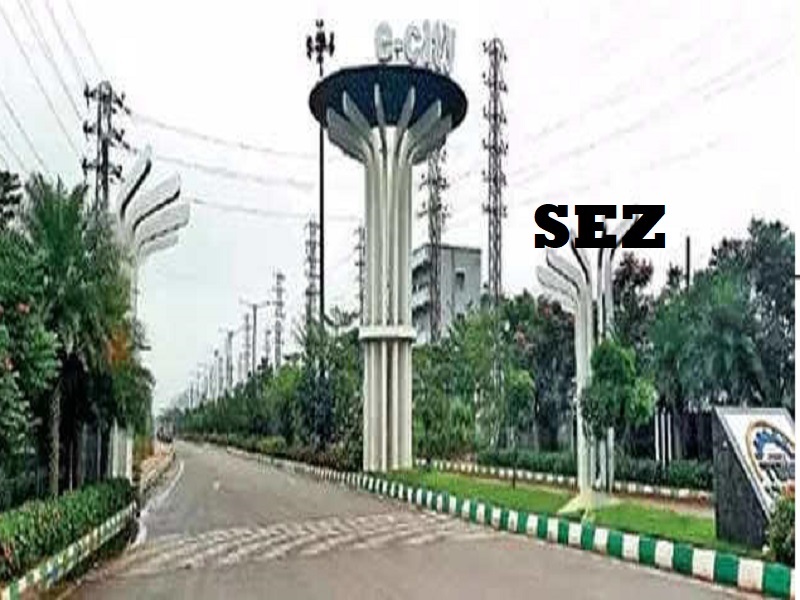A mix of delayed investments, regulatory hurdles, and shifting market dynamics has led to the downfall of several Special Economic Zones in Telangana, including key projects like Fab City.
As many as 19 of the 57 special economic zones (SEZ) in Telangana have now become defunct, says a report prepared by the Centre recently. This includes the 900 acres of Fab City SEZ at Raviryala village in Maheshwaram mandal near the international airport at Shamshabad. The Centre denotified a large portion of the SEZ on a request of the state govt.
The defunct state of Special Economic Zones (SEZs) in Telangana can be attributed to several key factors:
- Delayed Investments: Many SEZ projects, including Fab City, failed to attract sufficient investments from companies due to changing market conditions and investor priorities.
- Regulatory Hurdles: Complex approval processes, land acquisition issues, and bureaucratic delays have slowed down the establishment and operation of SEZs, discouraging companies from setting up businesses.
- Shifting Market Dynamics: Global shifts in manufacturing and trade, such as the rise of other competitive regions, have reduced the demand for SEZs in Telangana.
- Infrastructure Deficiencies: Many SEZs lacked adequate infrastructure, including transportation and utilities, which made them less attractive to industries.
- Policy Changes: Frequent policy changes and inconsistent government incentives have also led to uncertainty, contributing to the stagnation of several SEZs in the region.
These issues together have resulted in the stagnation or closure of several SEZs, including the high-profile Fab City project. Fab City was set up and approved in 2007 to manufacture and develop semiconductors with a free trade and warehousing zone in 1,070 acres.
Now, only about 170 acres are left in the SEZ. Sources added that proposals are pending with the Centre to denotify at least 10 more SEZs in the state. Three more SEZs denotified by the Centre include one owned by Telangana Industrial Infrastructure Corporation (TGIIC) at Genome Valley and two private SEZs at Pocharam village in Ghatkesar and in Puppalguda. Once denotified, the SEZs can be used for other industrial purposes.
Sources added that numerous issues stalled the SEZs in the state. For instance, at Kancha Imarat, the defence authorities objected to high-rise constructions close to their land.
In Karkapatla, the letter of award (LOA) expired due to land issues and wrong survey numbers. Some developers sought the state govt’s no objection certificate (NOC) for denotification due to lack of demand for space like Pocharam and Poppalguda.
“TGIIC asked the Centre to denotify most of Fab City SEZ on the request of some industrial units in the area,” TGIIC chairman and managing director E Vishna Vardhan Reddy told #Khabarlive. Sources in the govt said nearly 500 acres of Fab City land is in legal wrangles as some of the allottees went to court after their allotment was cancelled.
Along with Fab City, the Centre had also cancelled private SEZs including Mindspace Parks Private Ltd for the IT/ITES at Pocharam in 11 acres and another 10 acres of Phoenix Spaces IT SEZ at Puppalguda. One biotechnology SEZ in about 25 acres at Genome Valley was proposed by the TGIIC. #hydkhabar

